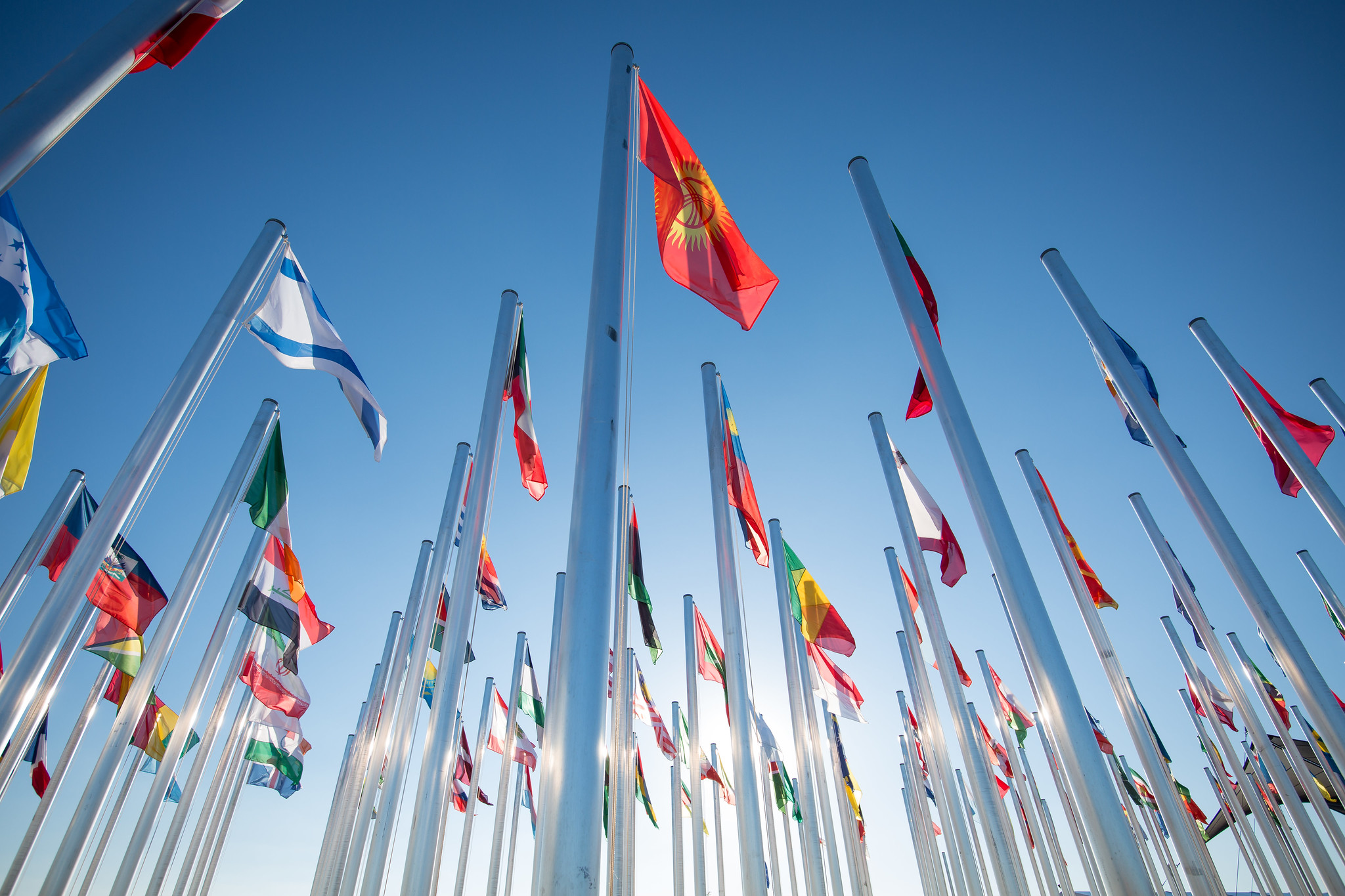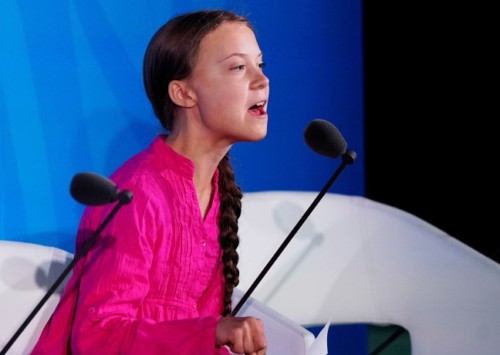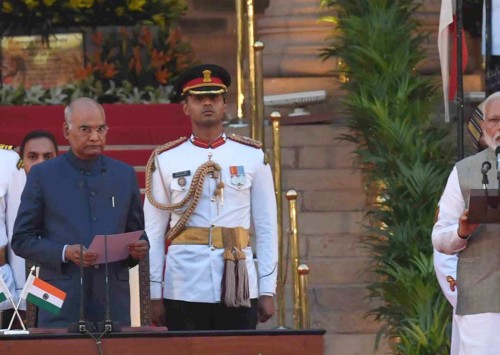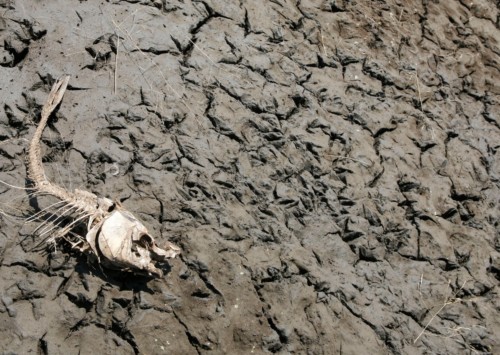Cop25 Madrid
Yet another jamboree to ‘fight’ climate change begins in Madrid on Monday. So far words have failed to turn into actions. Unlikely to be any different this time around.
As political and business leaders from around the world gather in Madrid for a meeting to curb greenhouse gas emissions, no warnings were needed, but the climatologists delivered one. The concentration of noxious gases that have been responsible for near-catastrophic global warming reached yet another high, having risen continuously every year since they became the focus of climatologists’ attention nearly three decades ago.
A report by the World Meteorological Organisation (WMO) published on the eve of the 25th meeting of governments under the United Nations Framework Conference on Climate Change (UNFCCC) that begins in Madrid on December 2 said that concentration of carbon in atmosphere had reached 407.8 parts per million (ppm) last year, up from 405.5 ppm the previous year. The carbon concentration has risen from 400 in 2015, the year when the much hyped Paris Agreement on climate change was signed in the French capital and where nations and businesses from around the world pledged to act immediately and stridently to curb emissions of the toxic cocktail of the noxious gases, a large part of which comes due to human activities.
The WMO report said that since 1990s, there has been a 43 pc rise in the total radiative forcing or warming effect by the GHGs, with carbon accounting for 80 pc of this. The WMO added for good measure that the last time the Earth experienced similar concentrations was about 3-5 million years ago and the global temperature was about 2-3°C higher and the sea level was 10-20 m higher than now.
The warnings can hardly be starker or more shocking, yet there is practically no action by the politicians or big businesses to take the bull by its horn and crack down on emissions in a major way. This is exactly what they had pledged to do at the COP21 meeting in Paris, following which the much vaunted Paris Agreement was signed.
The global leaders and big businesses claimed the agreement was the first legally binding global accord with 190 governments signing on and that would manage to ward off the worst of global warming as each nation had taken upon itself to curb emissions drastically and in a transparent manner.
Not everyone was enamoured by the Paris Agreement and the sceptics pointed out the numerous holes in the agreement which would allow not only emissions to keep rising, but also let the governments and businesses miss their commitments without fearing any action by the international community or even the UNFCCC.
The first of the many weaknesses of the Paris deal was that it depended a lot on self-declarations by member states about their goals and the steps that they would take to reach their goal. The agreement lacked a policing mechanism, a must for any agreement, let alone a multilateral, global treaty on climate change where each member has a lot of stake and hence a fair bit of incentive to cheat the treaty.
Moreover, the Paris Agreement left finalisation of the details of the procedures and processes that the countries would apply to curb their emissions and make their industry more eco-friendly for upto four years later at the Katowice meeting that took place in 2018 and the details of the mechanism are still being finalised, with adoption expected at Madrid.
But most of all, the Paris deal was simply not ambitious enough, even if all members implemented what they promised to do and did so within their given time frame. Even with these ideal conditions, the Paris deal would have led to an increase of anywhere between 2.5-3°C in the global temperatures by the turn of this century.
As things stand, Paris has indeed come unravelled in the last four years. First, the United States, which has traditionally been the largest emitter and only recently was overtaken by China, threatened a walk out of the deal as soon as President Donald Trump took charge, a threat that he has since actioned as the US has sent a notice to UNFCCC about its intent to withdraw from the deal. Ironically, with Trump’s predecessor Barack Obama at the helm, the US was one of the pillars that led to the signing of the Paris deal, along with France, the host of Cop21, and the two Asian giants, China and India.
Since then several other nations have either followed suit or are threatening to do so, notably Australia, Brasil and even Justin Trudeau’s Canada, wracked by internal conflict with major oil producing states such as Alberta and Saskatchewan. In addition, practically every other signatory of the Paris deal is way behind in implementing measures which would actually see a levelling off of their emissions, let alone a decline.
Thus, when leaders and businesses gather at Madrid, expect another round of platitudes and a series of pledges and promises, but rest assured outside of the premises of Feria de la Madrid, where the meeting is taking place, it has been and will continue to be business as usual and humanity will continue to poison its own home and atmosphere as gleefully as it has been doing for the last four centuries.













